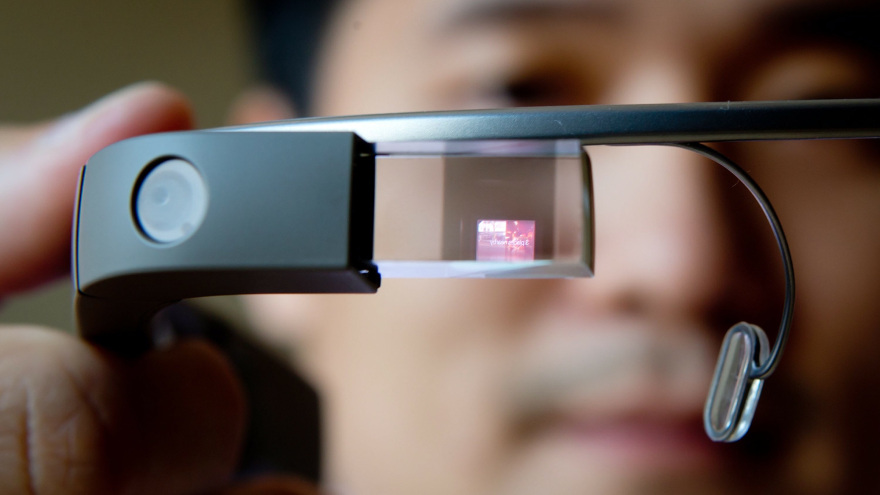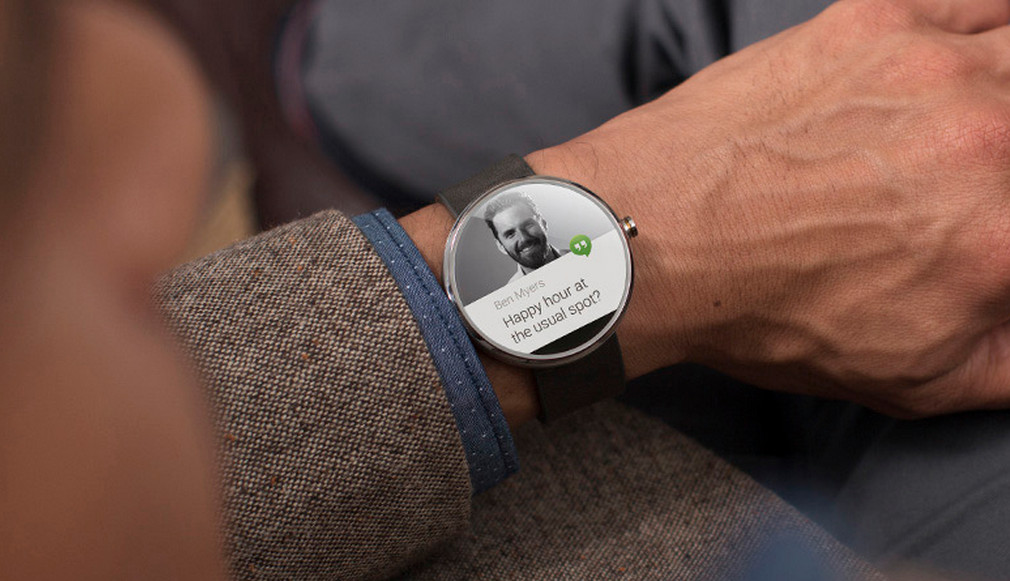AMSTERDAM and SAN FRANCISCO – March 3, 2015 – AVG Technologies N.V. (NYSE: AVG), the online security company for 197 million active users, today announced the immediate availability of AVG Business Secure Sign-On (SSO). Underpinned by technology from identity management leader, Centrify, AVG Business SSO works to provide AVG partners and business owners with a simple way to control company data on employees’ mobile devices and cloud applications.
“AVG Business SSO allows AVG partners to offer much needed help to those small business customers who are struggling with the issues of bring your own device (BYOD) and password management,” said Lee Frankham, director of Simpology, an AVG Business partner in the UK. “Now, we can roll out services that give our customers simple, secure management of their users’ mobile device data and applications in a matter of a few clicks.”
“Mass ownership of personal mobile devices, the adoption of popular consumer cloud services like Skype and Dropbox for business purposes and the impact of the Internet of Things have been the catalysts for true ‘business without walls’,” said Mike Foreman, General Manager, AVG Business. “Business in a fully connected environment puts smaller firms at risk of data breaches. AVG Business SSO for the first time makes it simple for businesses without big budgets or in-house IT staff to keep company confidential data safe, private and within their control, even while it is shared with employee-owned mobile devices and externally hosted cloud services.”
Key features of AVG Business SSO are:
- Centralized control of cloud and mobile apps/data for one-click authentication of end-user mobile devices – single secure sign-on with multi-factor authentication (MFA) for any device unifies identity and mobile device management to give simplified control of mobile data
- Affordable identity policy, verification and mobile device management service – including via Active Directory
- Efficient password management – eliminates risk from easy-to-remember, reused and/or improperly managed passwords, improves end user productivity by eliminating the need to remember multiple passwords and reduces volume of helpdesk calls resulting from forgotten passwords
- Large range of business applications – support for more than 2,500 of the most popular Cloud-based business apps including Office 365, Salesforce, Webex, Facebook, LinkedIn and many more helping IT providers monetize mobile and cloud management services.
###
About Centrify
Centrify provides unified identity management across cloud, mobile and data center environments that delivers single sign-on (SSO) for users and a simplified identity infrastructure for IT. Centrify’s unified identity management software and cloud-based Identity-as-a-Service (IDaaS) solutions leverage an organization’s existing identity infrastructure to enable single sign-on, multi-factor authentication, privileged identity management, auditing for compliance and enterprise mobility management. Centrify customers can typically reduce their total cost of identity management and compliance by more than 50 percent, while improving business agility and overall security. Centrify is used by more than 5,000 customers worldwide, including nearly half of the Fortune 50 and more than 60 Federal agencies. For more information, please visit http://www.centrify.com/.
About AVG Technologies
AVG is the online security company providing leading software and services to secure devices, data and people. Over 197 million active users, as of December 31, 2014, use AVG´s products and services. AVG’s Consumer portfolio includes internet security, performance optimization, and personal privacy and identity protection for mobile devices and desktops. The AVG Business portfolio – delivered by managed service providers, VARs and resellers – offers IT administration, control and reporting, integrated security, and mobile device management that simplify and protect businesses.
All trademarks are the property of their respective owners.
www.avg.com
Media Contacts:
US
Holly Luka
Waggener Edstrom for AVG
[email protected]
+ 1 (415) 547 7054
UK
Paul Shlackman
PR Manager, SMB & Channel
[email protected]
+44 (0)7792 121510
Note to Editors:
AVG Business sells and markets a comprehensive, integrated set of cloud security and remote monitoring and management (RMM) software applications that are designed from the ground up to simplify the lives of IT providers, Managed Service Providers (MSPs) and their small-to-medium sized business customers.
The portfolio comprises AVG Business CloudCare, a cloud-based administration platform offering resellers a simple way to implement and manage services such as antivirus, content filtering, online backup and email security services for their customers; AVG Business Managed Workplace, an open eco-system Remote Monitoring & Management tool; and AVG Business Secure Sign-On, a cloud-based identity policy, verification and mobile device management service.
Supported by a worldwide network of more than 10,000 partners, AVG’s strong IT security heritage complements its proven strength as an RMM provider and partner to help smaller IT companies and MSPs transition and flourish as fully-fledged managed services businesses.



